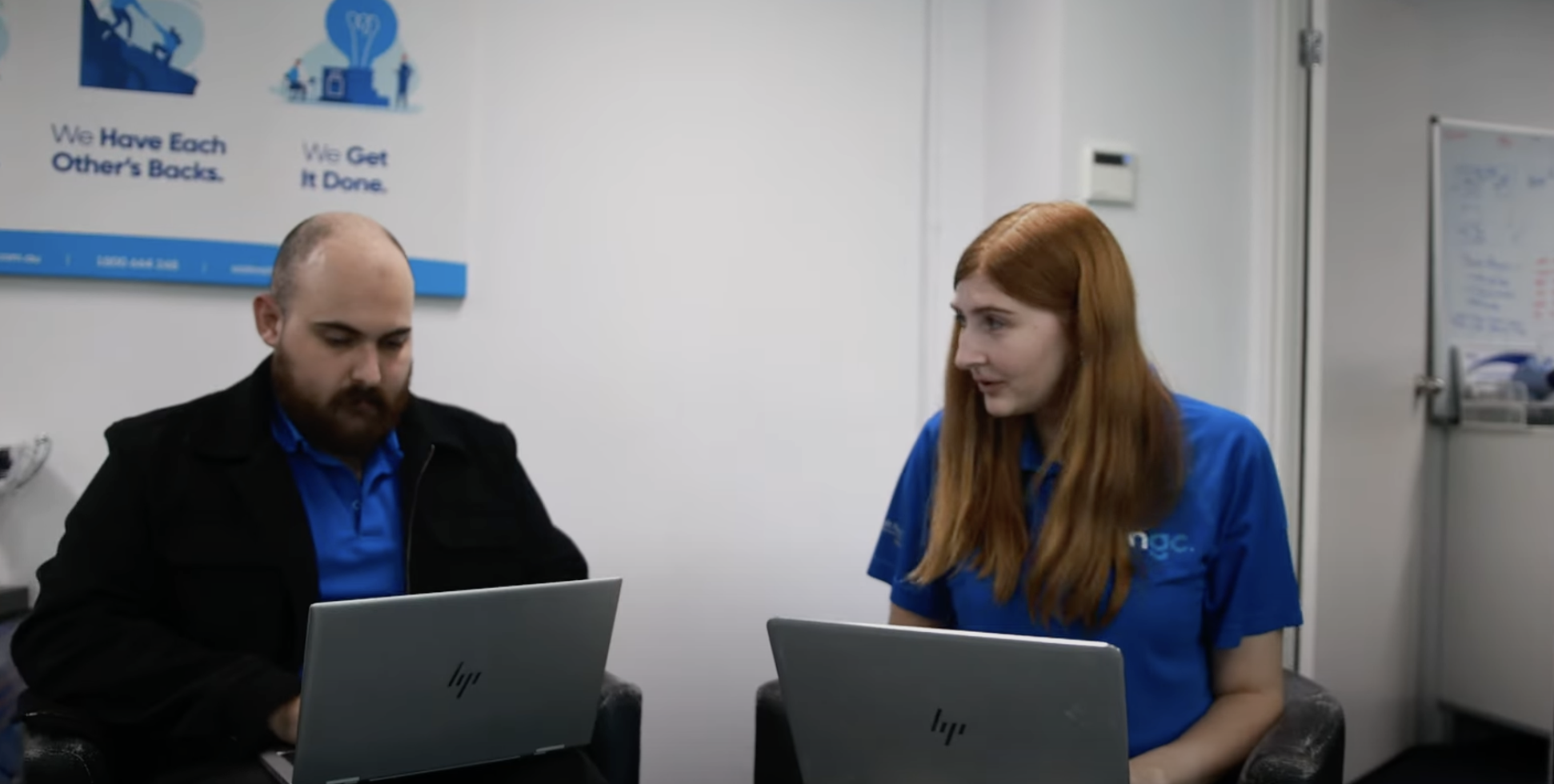
Top 10 Insights 2024
Pathways
Jobs in the finance, tech and business sectors are evolving quickly; employment and learning pathways need to be simple and made more accessible.
Stakeholders point out that entry level employment pathways are not well defined or understood, resulting in learning pathways and associated qualifications lacking relevance.
And with the rising cost of living and growing demand for contextualised learning, pathways focusing on earning while learning are becoming more essential.
By 2033, over 90% of new jobs will require post-secondary qualifications, with 44% of those having VET as the primary pathway. This presents a unique opportunity to elevate VET’s status as a primary career option.
However, training providers are concerned that the expectations for entry level positions are being raised as the skills landscape is evolving and changing - making these roles less defined and harder to obtain straight out of training without on-the-job-experience.
Defining pathways into finance, technology and business - especially for mid-career professionals with transferable skills - offers a chance to tap into a broader talent pool. Highlighting these pathways at the primary and secondary school levels also brings long-term benefits.
Collaboration between government, industry and training providers is crucial to ensure appropriate funding, skill standards and adaptable training. A closer partnership between universities and VET will further create accessible, clear career pathways for all learners, as outlined in the Australian Universities Accord which aims to drive lasting and transformative reform in the tertiary education system.
Transforming insights into Action
FSO seeks to address the need to more effectively describe entry level roles by securing industry endorsement for entry-level pathways. These will be defined through personas which will be designed to resonate with industry, training providers, and learners.
How Charlotte Ross engineered her IT pathway
Queenslander Charlotte Ross was 100% convinced that as soon as she left high school, she’d be heading straight to university and wouldn't look back.
“But that would be far from the truth,” said Charlotte. "I tried university and a bunch of jobs. But I never really felt as comfortable as I am with vocational education and training. I decided I wanted to pursue work and study together and I was introduced to the idea of taking an on-the-job traineeship in IT.”
Charlotte joined ONGC Systems, an IT services company. Six months after starting as a trainee, she was given responsibility for delivering a large scale Google project. Within the first year she also completed a self-paced Certificate IV in Information Technology.
-

How TAFE QLD empowers career changers with industry-driven approach
-

How AWS pioneers early career talent into diverse tech pathways
-

About the Universities Accord
“Western Sydney University and The College have a focus on creating and increasing pathways for students from different backgrounds and skill levels. There is lots of potential for growth and demand in this space if the right pathways are created to show they lead to meaningful career outcomes.”
Glenn Campbell, CEO, The College, Western Sydney University






